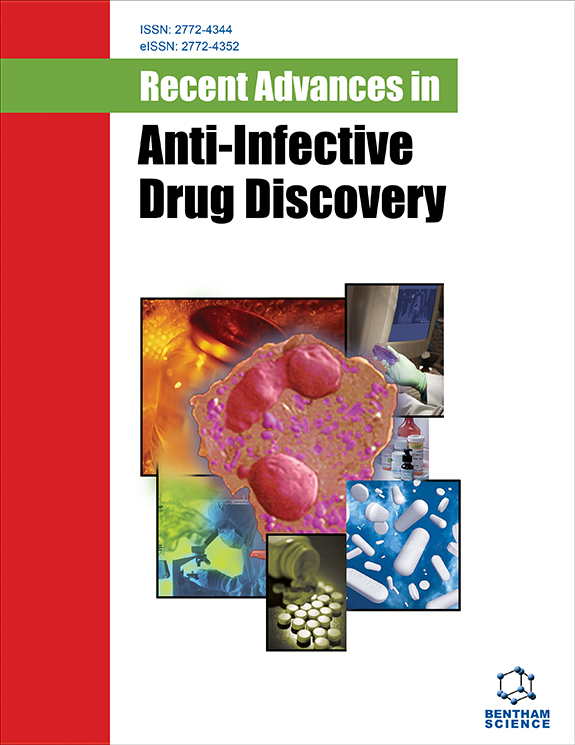Submission Tilte
HIV/AIDS: Research Gaps in Developing Countries
Submission Abstract:
HIV care in developing countries has achieved significant milestones, with many people now surviving beyond two decades on therapy. Studying the determinants of such long-term success provides invaluable lessons. Yet, persistent challenges remain: gaps in drug resistance surveillance, limited viral load access, delayed treatment switches, and inadequate opportunistic infection data. Vulnerable groups—children, adolescents, pregnant women, key populations, and older adults—remain underrepresented in research. Of particular concern is the rising threat of HIV-associated antimicrobial resistance (AMR). Transmitted and acquired drug resistance threaten global ART efficacy, especially in regions where resistance testing is limited. Addressing this requires not only robust surveillance but also the adoption of an “antiviral stewardship” framework—ensuring rational drug use, optimized monitoring, timely regimen switches, and integration of adherence support.
This thematic issue will highlight both successes and gaps through case reports, original articles, reviews, and expert perspectives. By combining insights into determinants of long-term survival with strategies to counter AMR, and by exploring innovations in diagnostics, prevention, and service delivery, the issue aims to guide research priorities and inform policy. Lessons generated will strengthen HIV responses across developing countries and contribute to the global AMR stewardship agenda.




